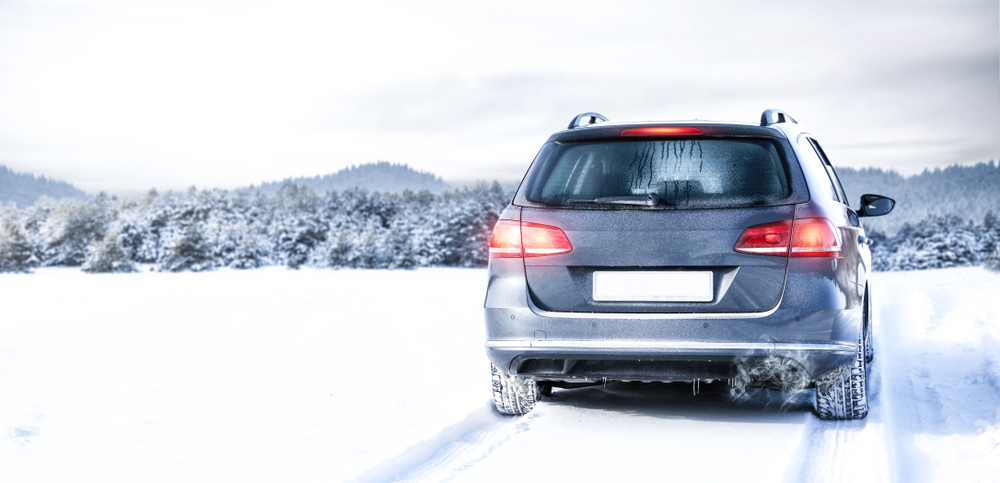With winter rapidly approaching, it is time to start preparing for colder weather and a harsher climate. One of the aspects of everyday life that is most severely impacted by winter weather is driving conditions. Wintertime often brings colder temperatures, snow, sleet, hail and other conditions that affect drivers and make for more hazardous roads.
However, though the weather cannot be controlled, it can be prepared for. It is important to take advantage of the more mild fall weather by making sure your car is ready for winter. You’ll definitely thank yourself later when your winter tires help you to avoid a car crash, or when your new battery never fails to start, leaving you stranded. In an effort to help you stay safe in the coming months, here are some of the best ways to prepare your car for winter.
Check the Battery
Batteries’ performance is directly impacted by colder weather. The colder the weather, the harder it is for your battery to operate. This means that if you have a weak battery, though your car may have started every time in the summer, it might fail in the winter. That is why it’s best to check your battery in the fall and replace the battery if it is weak or beginning to fail.
Inspect All Lights
Winter brings with it more conditions that reduce your visibility on the road: the sun sets earlier, and fog and snowstorms occur more frequently. In these commonly occurring situations, it is important that your headlights and taillights are in working condition. Replace all burned-out bulbs and clean your headlights if they are fogged or have a yellow tint.
Use Winter Tires
Even if it doesn’t snow where you live, winter tires can decrease your chances of being involved in an accident during the winter, because they are designed to give your car more traction in colder weather. A recommended guideline is that if you live somewhere where the weather frequently drops below 50°, it is a good idea to replace your tires with winter ones until the weather warms up again.
Keep Your Fluids Full
The fluids you need to pay the most attention to are the coolant, gasoline and washer fluid. Coolant will keep your pipes from freezing when the temperature drops below 32°. Always having at least a half-full tank of gas will help to prepare you for emergencies, as it will keep your engine running, which will, in turn, keep you warm. Washer fluid helps keep your windshield clean, and your visibility unhindered.

